Новини компанії
E-Malt news
Argentina: Both malting and feed barley prices unchanged
Argentina: Barley crop 2025 development supported by favourable weather
Australia: Barley crop 2025 currently forecast at 15.8 mln tonnes with potential for further increase
Canada: Barley crop 2025 forecast at 9 mln tonnes still slightly above official estimates, analysts say
Наш солод
Наш хміль
New Hops
Наші дріжджі
Наші спеції
Наш цукор
Наші кришки
-
 Кришки для кег 69 мм, Зелені 147 Grundey G-тип (850/Коробка)
Додати до кошика
Кришки для кег 69 мм, Зелені 147 Grundey G-тип (850/Коробка)
Додати до кошика
-
 CC29mm TFS-PVC Free, Жовті with oxygen scav.(6500/Коробка)
Додати до кошика
CC29mm TFS-PVC Free, Жовті with oxygen scav.(6500/Коробка)
Додати до кошика
-
 Кришки для кег 64мм, Сині 141 Sankey S-тип (ЄС) (1000/Коробка)
Додати до кошика
Кришки для кег 64мм, Сині 141 Sankey S-тип (ЄС) (1000/Коробка)
Додати до кошика
-
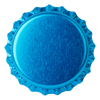 Кришки 26mm TFS-PVC Free, Cyan Transparent col. 2892 (10000/Коробка)
Додати до кошика
Кришки 26mm TFS-PVC Free, Cyan Transparent col. 2892 (10000/Коробка)
Додати до кошика
-
 Кришки для кег 74 мм, Сині 141 Flatfitting A-тип (700/Коробка)
Додати до кошика
Кришки для кег 74 мм, Сині 141 Flatfitting A-тип (700/Коробка)
Додати до кошика
Рецепти пива
Сертифікати
Suggestion
 World: Alcohol industry facing shifting consumer habits and economic pressures
World: Alcohol industry facing shifting consumer habits and economic pressures
The global alcoholic beverage industry is facing a period of significant change as it moves through 2025. According to the latest Global Trends Report from IWSR, a leading authority on alcohol market data and intelligence, several key factors are shaping the market. These include shifts in premiumization, evolving lifestyles, the impact of technology, changing attitudes toward social drinking, and ongoing geopolitical and tariff pressures, Vinetur reported on August 7.
After a challenging year in 2024, when total beverage alcohol volumes fell by 1% and value growth was limited to just 1%, brand owners are navigating an increasingly complex and volatile market. The IWSR report identifies six major trends that are expected to influence the industry in the coming months.
Premiumization remains a visible trend but is now more fragmented due to economic pressures and changing consumer values. While premium and above segments grew by 3% in 2024—driven mainly by beer—growth was strongest in South America, Asia, Africa, and the Middle East. North America and Europe saw more moderate increases. Consumers are drinking less but choosing higher-quality options when they do. Purchases are increasingly motivated by personal values, occasion relevance, and perceived value rather than status alone. This selective premiumization is especially evident in cocktail culture, where demand for unique experiences is high. Ready-to-drink (RTD) cocktails and long drinks are expected to double globally between 2019 and 2029, with North America projected to see up to 400% growth.
Lifestyle changes are also affecting consumption patterns. In key markets like the United States and China, consumers are seeking better value for money, personalization, and immersive experiences. Many people have reduced their alcohol intake due to economic pressures and are maintaining these lower-consumption habits even as conditions change. Home-based and virtual experiences are gaining ground over traditional social drinking occasions, with more people connecting online. Travel retail volumes rose by 3% in 2024 as consumers continued to prioritize unique travel experiences while remaining cautious with spending.
Digital technology is playing a growing role in the industry’s evolution. E-commerce sales of alcoholic beverages increased by 2% globally in value terms in 2024, with strong performance from spirits, beer, and RTDs. The Asia-Pacific region led growth with a 4% increase in e-commerce value last year. Online channels allow brands to bypass traditional distribution barriers and connect directly with consumers. Influencers and celebrities have become important trendsetters among younger drinkers, especially as digital narratives focus more on moderation.
Social drinking habits are shifting as affordability becomes more important amid economic challenges. Consumers are redefining status and adjusting their channel preferences, favoring experience-based occasions such as the increasingly popular aperitif moment—where spritzes have gained traction. While hospitality sales have declined across most regions since 2019 (except Africa and the Middle East), at-home consumption has become more prominent as people adapt traditional out-of-home occasions to domestic settings.
Health and ethics are also influencing choices. More consumers are moderating their alcohol intake for various reasons, including health concerns and social influences. The practice of alternating between full-strength alcoholic drinks and non-alcoholic options is gaining momentum. Non-alcoholic beverage volumes rose by 9% in 2024, led by beer but with other categories also showing growth. Local brands are gaining favor in some markets due to cultural identity and perceptions of quality-value—most notably in India’s single malt whisky segment.
External pressures continue to shape the industry landscape. Persistent geopolitical tensions, supply chain disruptions, regulatory changes, and economic uncertainty have all impacted consumer behavior. Even as inflation eases, many people continue to shift spending away from alcohol toward essentials like fresh food and personal care products. Tariffs and new trade agreements affect different markets unevenly; for example, Scotch whisky producers may benefit from a new UK-India free trade deal but face higher barriers when exporting to the United States.
Governments worldwide are tightening regulations on alcohol marketing and consumption while public health messaging grows stronger—especially in regions where trust in official advice is high such as China, India, Latin America, and South Africa.
Industry experts recommend that brand owners adopt contingency strategies, review supply chains regularly, and explore emerging markets for growth opportunities. Monitoring public health messaging and legislative changes will remain essential for global operators facing ongoing geopolitical and regulatory challenges.
The IWSR’s comprehensive report provides detailed data analysis across key markets to help companies navigate these evolving trends as they plan their strategies for the rest of 2025.
Назад


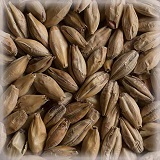
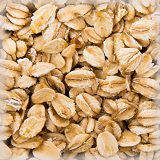
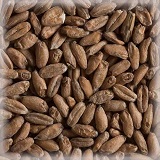
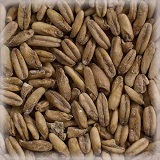
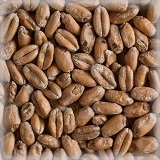
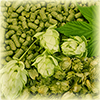
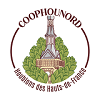
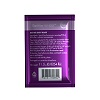
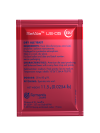
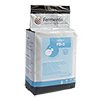
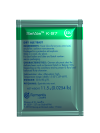
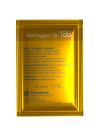

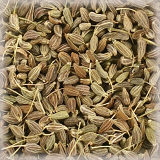
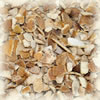

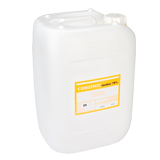
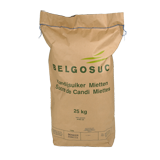
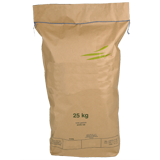

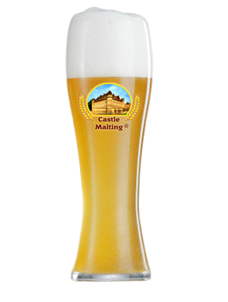
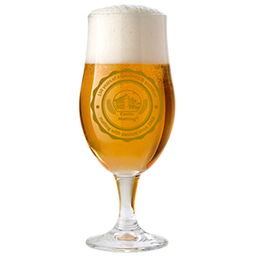
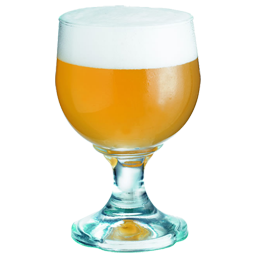
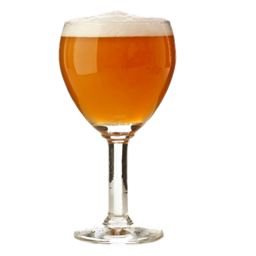
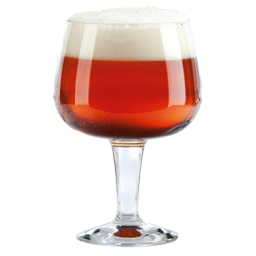
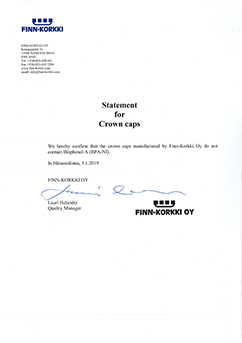 Crown Caps Finnkorkki Statement
Crown Caps Finnkorkki Statement
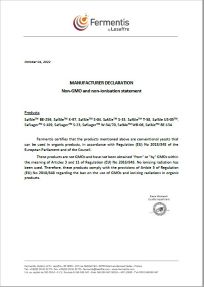 Fermentis Yeast- Non GMO declaration, non-ionisation_beer
Fermentis Yeast- Non GMO declaration, non-ionisation_beer
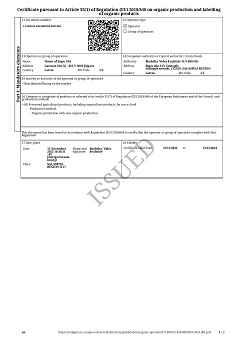 House of Hops Organic Certificate 2025
House of Hops Organic Certificate 2025
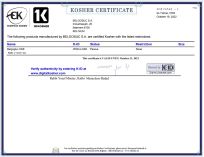 Belgosuc, Sugar, Kosher Certificates 2022-2023 - Belgosuc (English)
Belgosuc, Sugar, Kosher Certificates 2022-2023 - Belgosuc (English)
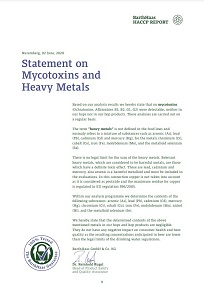 Barth Haas Hops: Statement on Mycotoxins and Heavy metals 2022
Barth Haas Hops: Statement on Mycotoxins and Heavy metals 2022






